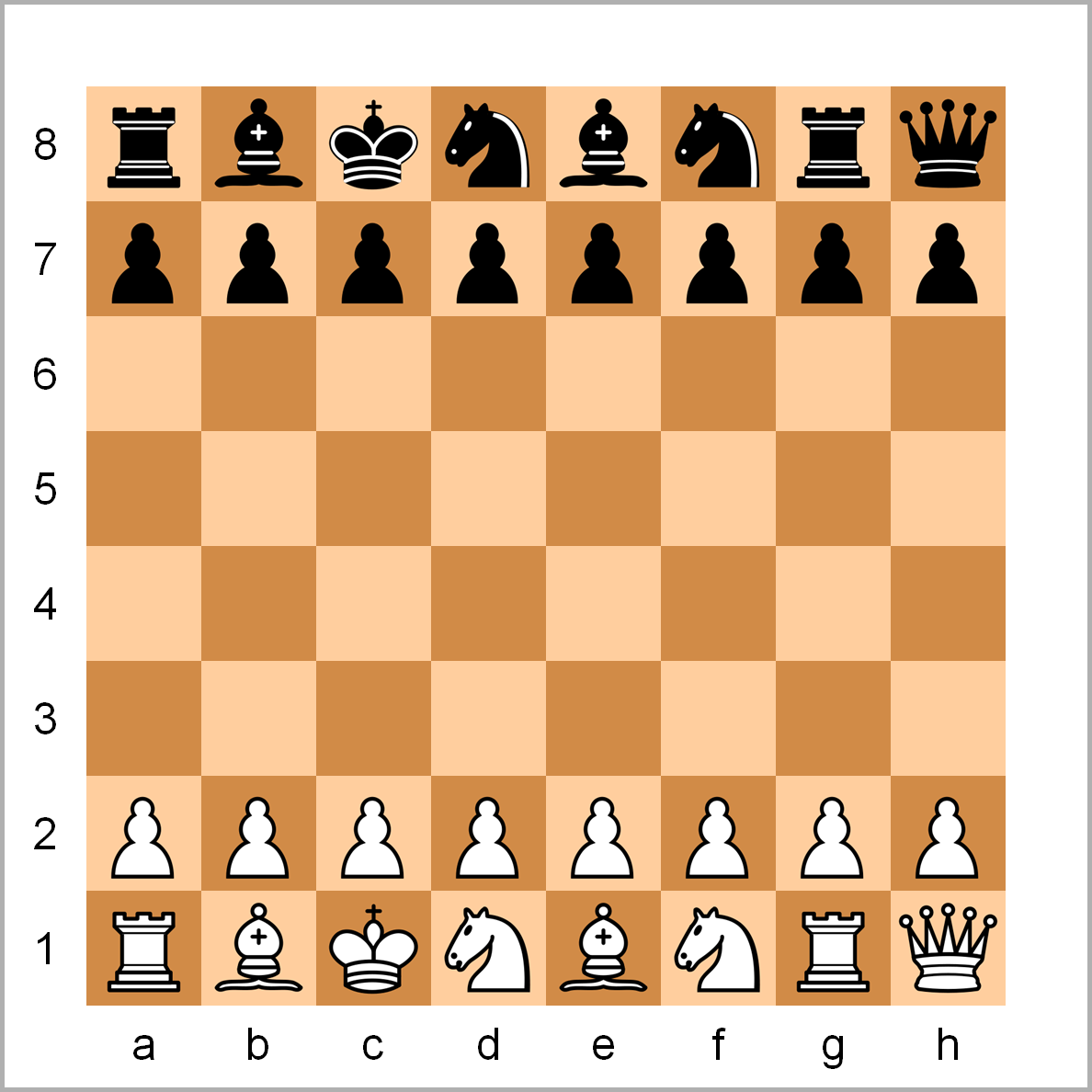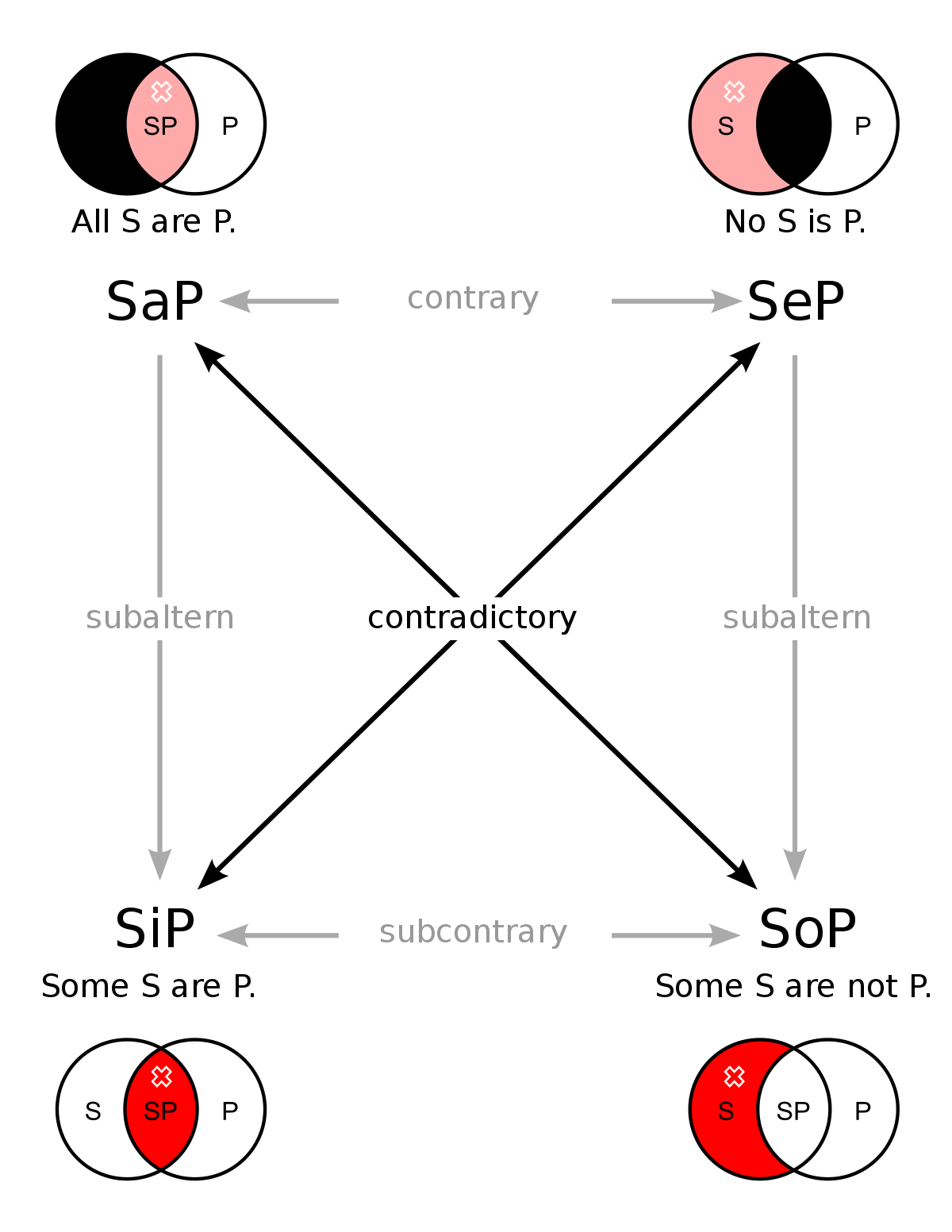Um, it sure does.
No,
you can't understand english sentences. See how that works?
You just contradicted yourself.
I understand, I understand. It's a definition, not a proof.
I have worked it. They all fail the same way.
Sure. You're playing word games. It's semantics. No one values semantics in the real world. What you're doing is not logic. It's actually gross. Logic is supposed to prevent nonsense, not encourage it.
So, yes, there are techniques in classical logic which regularly produce paradoxes that render it not viable in real world situations. This is one of them.
The technique that is employed here, is called the material conditional. In english, "The implication is always true unless it is proven false." This is described by the following truth-table.
View attachment 77512
Starting to look familiar?
View attachment 77513
Technically, with no ambiguity, it's the material conditional, which describes "Not P or Q". I'm emphasizing "Not P or Q", because "All the Jews I know are atheists" does not match this form at all. Neither does "The empty set is a subset of every set". The only way to force it to work, is to change the meaning of the statement.
View attachment 77514
NOT VIABLE FOR THE REAL WORLD.
Sources:

en.m.wikipedia.org

en.m.wikipedia.org
What every logical sane intelligent person uses. Natural deduction.

en.m.wikipedia.org
In logic and proof theory, natural deduction is a kind of proof calculus in which logical reasoning is expressed by inference rules closely related to the "natural" way of reasoning. This contrasts with Hilbert-style systems, which instead use axioms as much as possible to express the logical laws of deductive reasoning.
Your method is based on axioms. It's faith based. My method rejects that; it's evidence-based.
A judgment is something that is knowable, that is, an object of knowledge. It is evident if one in fact knows it. Thus "it is raining" is a judgment, which is evident for the one who knows that it is actually raining; in this case one may readily find evidence for the judgment by looking outside the window or stepping out of the house. In mathematical logic however, evidence is often not as directly observable, but rather deduced from more basic evident judgments. The process of deduction is what constitutes a proof; in other words, a judgment is evident if one has a proof for it.
The most important judgments in logic are of the form "A is true"
The logic I use values what is *actually* true. Your version conflates vacuous truth with actual truth and permits paradoxes when applied to real world phenomena.
"All the Jews I know are atheists" IS a judgement. Without *actually* knowing any Jews, it is false.
"The empty-set is a subset of every set" IS a judgement. Without *actually* having any elements, it is false.
Empty-set intersected with any set = NULL
Empty-set union with any set = NULL
That's the simple truth. That's how intersected and union are defined. Subset is *actually* defined based on intersection and union. Both intersection and union fail. It is not *actually* a subset of any set. But, people pretend it is. Or have forgotten how subset is defined. Or they're just ignorant youtubers. People ignore these facts and make rules and follow them like faithful sheep. That's what you're doing. There is no *actual* proof for the empty-set as a subset of any set.
Yes, people make youtubes about it. And books are written that claim it's a proof. But they're wrong. People make youtubes and claim that Christianity is proven true. There's lot's of videos about that. People write books and claim Christianity is proven true. There's lots of books about that. The empty-set is a subset of every set is proven true, like Christianity is proven true. It's proven true like flying pigs are true, and invisible green martians are true, and theistic-atheists are true, etc. They all have the same so-called proof, they all have the same value.
I think it's funny for an "gnostic" atheist to be so ignorant. So, ya know, I'm enjoying this.
Nope it's still false.
Case 1: P and Not P is always false.
If you don't know any Jews, the claim is *actually*:
"All the Jews I know are atheists AND I don't know any Jews"
"I don't know any Jews" = "I don't know any Jews that are athiests"
This renders:
"All the Jews I know are atheists AND I don't know any Jews that are atheists"
P = "All the Jews I know are atheists"
Not P = "I don't know any Jews that are atheists"
( P and Not P ) is false. See below.
"All the Jews I know are atheists AND I don't know any Jews that are atheists" is false.
"I don't know any Jews" = "I don't know any Jews that are athiests" is false.
"all the Jews I know are Atheists." is false IF "I don't know any Jews".
View attachment 77516
Case 2: Any positive assertion on an empty-set is automatically false.
An affirmation is a statement affirming something of something, a negation is a statement denying something of something…It is clear that for every affirmation there is an opposite negation, and for every negation there is an opposite affirmation…Let us call an affirmation and a negation which are opposite a contradiction (De Interpretatione 17a25–35).
If Socrates doesn't exist, “Socrates is wise” and its contrary “Socrates is not-wise” are both automatically false (since nothing—positive or negative—can be truly affirmed of a non-existent subject), while their respective contradictories “Socrates is not wise” (O) and “Socrates is not not-wise” (I) are both true. Similarly, for any object x, either x is red or x is not red—but x may be neither red nor not-red; if, for instance, x is a unicorn or a prime number.
"All the Jews I know are atheists" is automatically false. Nothing can be truly affirmed of a non-existent subject.
Case 3: The empty-set does not *actually* exist in classical logic

en.m.wikipedia.org
You lose again. Care to play again with quantifier logic?





